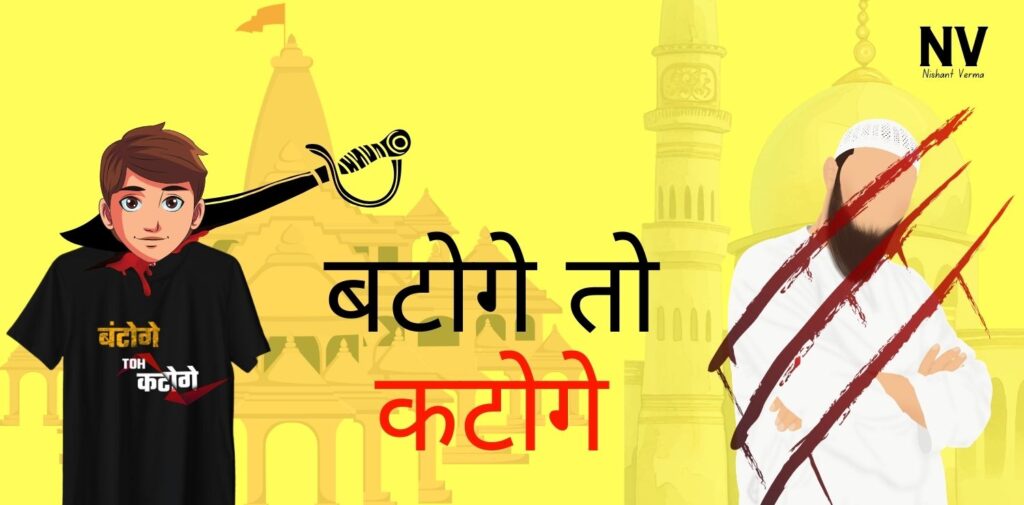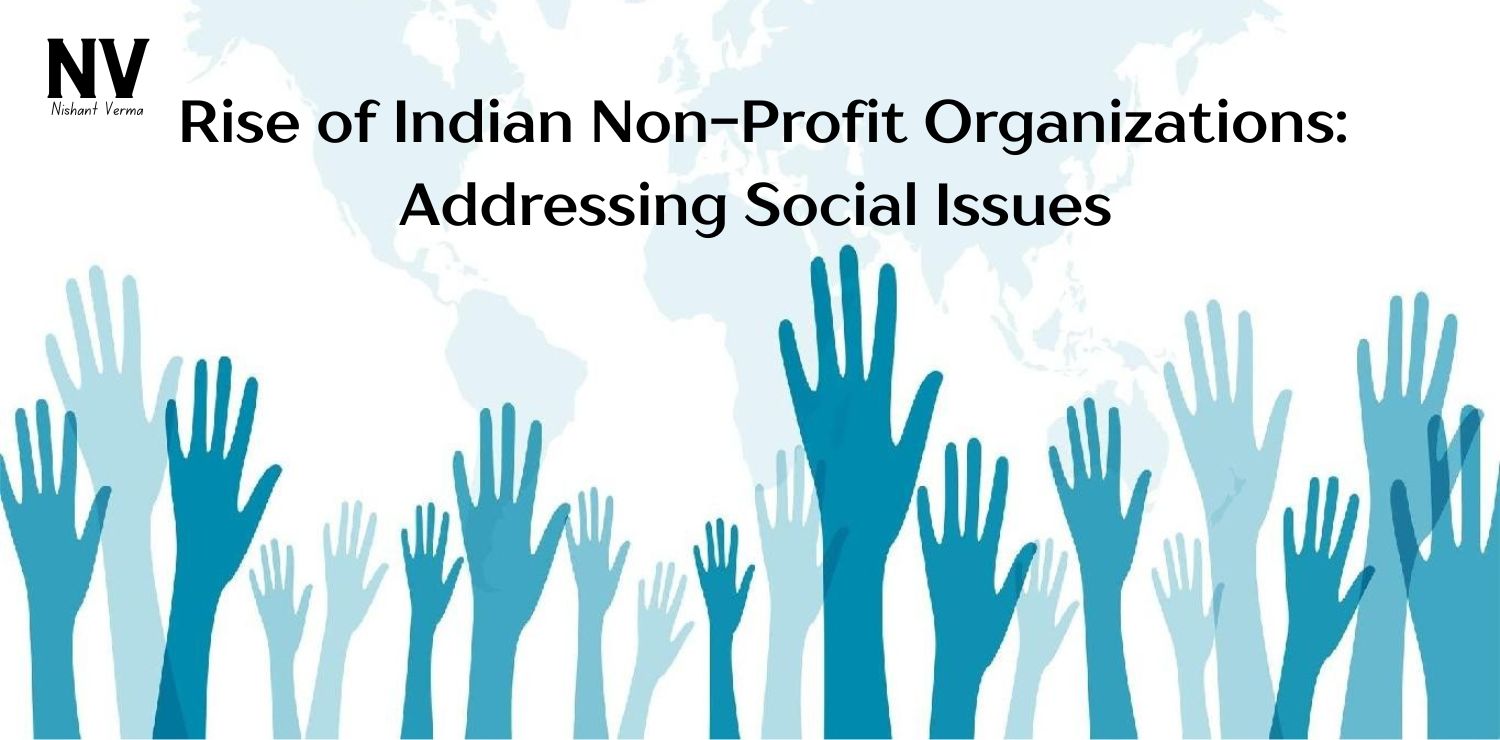As India gears up for the 2024 Lok Sabha elections, one of the most powerful slogans resonating with the electorate is “Batoge to Katoge” (If you divide, you will perish). This phrase, popularized by BJP leaders like Yogi Adityanath, is more than just political rhetoric—it encapsulates a key part of the BJP’s strategy to unite Hindus under a common identity, transcending caste and regional differences. The message is simple yet profound: unity ensures survival, strength, and dominance, while division invites weakness and defeat.
This slogan isn’t just a one-off campaign line; it echoes the larger ideological and political narrative that the BJP has been building over the last decade. The party, under the leadership of Prime Minister Narendra Modi and guided by figures like Yogi Adityanath, has consistently focused on uniting Hindus under the banner of nationalism and cultural identity. In contrast, they argue that the opposition—particularly the Congress—has exploited divisions along caste, regional, and religious lines to weaken the majority and consolidate minority votes.
The Roots of “Batoge to Katoge” and Its Appeal
The origins of this slogan can be traced back to the BJP’s broader strategy of consolidating the Hindu vote. In states like Uttar Pradesh and Haryana, where caste and community identities are deeply entrenched in politics, the message of unity has found fertile ground. Yogi Adityanath’s speeches often reference this idea, cautioning voters against the dangers of division within the majority community. For instance, in an assembly poll campaign in 2024, Adityanath emphasized that only a united Hindu front could prevent external forces from exploiting their divisions.
This narrative taps into the fear that without unity, the Hindu majority could be overtaken by minority groups, leading to political instability and societal unrest. BJP leaders have often pointed to examples such as the unrest in Bangladesh and internal divisions within India to drive home their point that division leads to chaos. This creates a sense of urgency, reinforcing the belief that unity is not just desirable but essential for survival.
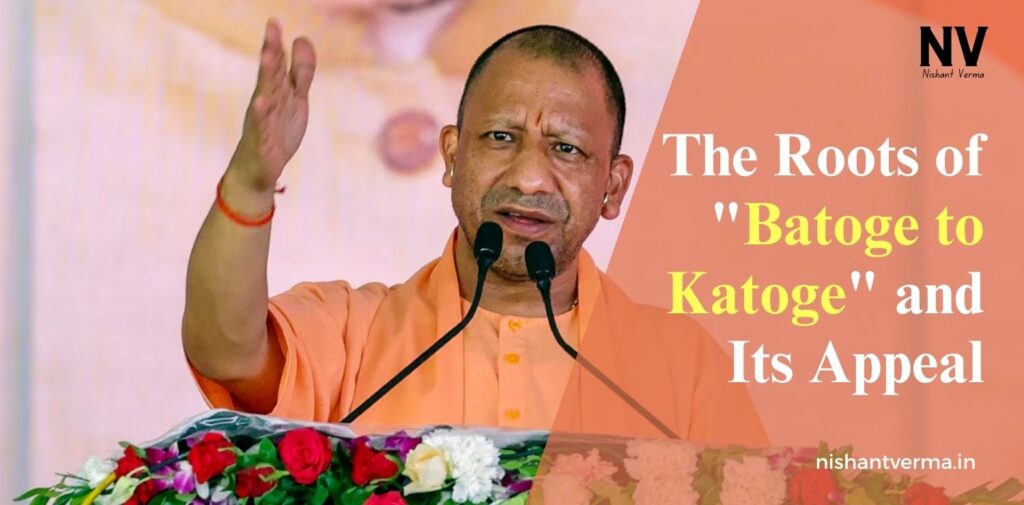
Why “Batoge to Katoge” Resonates in 2024
One of the reasons this slogan has gained such traction in the 2024 elections is the political landscape itself. The Congress, along with various regional and opposition parties, has formed alliances based on caste and religious identities to challenge the BJP. By framing its opponents as playing divisive politics, the BJP positions itself as the party that can unite the nation, particularly the Hindu majority.
Yogi Adityanath’s speeches also emphasize that the only way for Hindus to maintain political and social dominance is through unity. He draws parallels between disunity and vulnerability, stating that division would make the Hindu majority susceptible to being overtaken by minority communities and foreign interests. This rhetoric paints the BJP as the protector of Hindu interests, safeguarding against both internal fragmentation and external threats.
In Uttar Pradesh, this message has been particularly effective. During previous elections, the BJP managed to secure significant support from various Hindu communities by appealing to a pan-Hindu identity. This strategy allowed the party to overcome traditional caste-based voting patterns, which had previously divided the electorate.
The Power of Unity: A National Perspective
The message of unity is not limited to regional politics. On a national scale, the slogan “Batoge to Katoge” resonates with the BJP’s broader narrative of cultural nationalism. Prime Minister Narendra Modi, along with leaders like Yogi Adityanath and RSS chief Mohan Bhagwat, has often emphasized the need for Hindu society to unite in the face of both internal and external challenges.
By linking unity to national strength, the BJP taps into a deep-seated desire for stability and progress. A united Hindu vote, according to this narrative, ensures that India can maintain its position as a global power, free from the internal divisions that have historically weakened it. The BJP’s messaging is clear: as long as Hindus remain united, no force—whether political, social, or foreign—can conquer them.
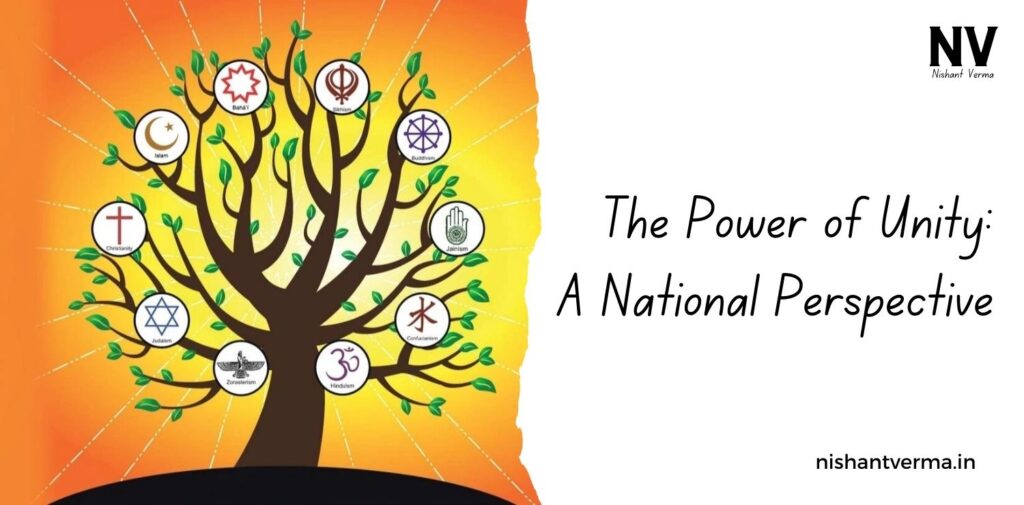
Opposition’s Challenge: The Politics of Division
In contrast, opposition parties have often been accused by the BJP of exploiting caste, regional, and religious differences for political gain. This has been a common critique leveled at the Congress, which has traditionally relied on minority votes and alliances with regional parties to challenge the BJP. In 2024, the Congress’s alliances have once again come under scrutiny, with the BJP framing them as a divisive force that seeks to weaken the majority for electoral advantage.
By positioning themselves as the unifying force in Indian politics, the BJP seeks to capitalize on these divisions. The party’s strategy is to present a stark choice to voters: unity under the BJP, or division and chaos under the opposition. This narrative has proven effective in past elections, and it continues to resonate with voters who are wary of the instability that division can bring.
The Road Ahead: United We Stand, Divided We Fall
As the 2024 elections approach, the slogan “Batoge to Katoge” will likely play an even more prominent role in the BJP’s campaign. The party’s success in maintaining Hindu unity could have far-reaching implications for Indian politics, cementing its dominance for years to come. If the BJP can sustain this unity, it will not only secure electoral victories but also position itself as the guardian of national strength and stability.
The message is clear: if Hindus remain united, they will be a formidable force that no opposition can conquer. As Yogi Adityanath and other BJP leaders have consistently emphasized, unity is not just a political strategy but a survival mechanism. In a country as diverse as India, this message of collective strength has the potential to shape the future of its democracy.
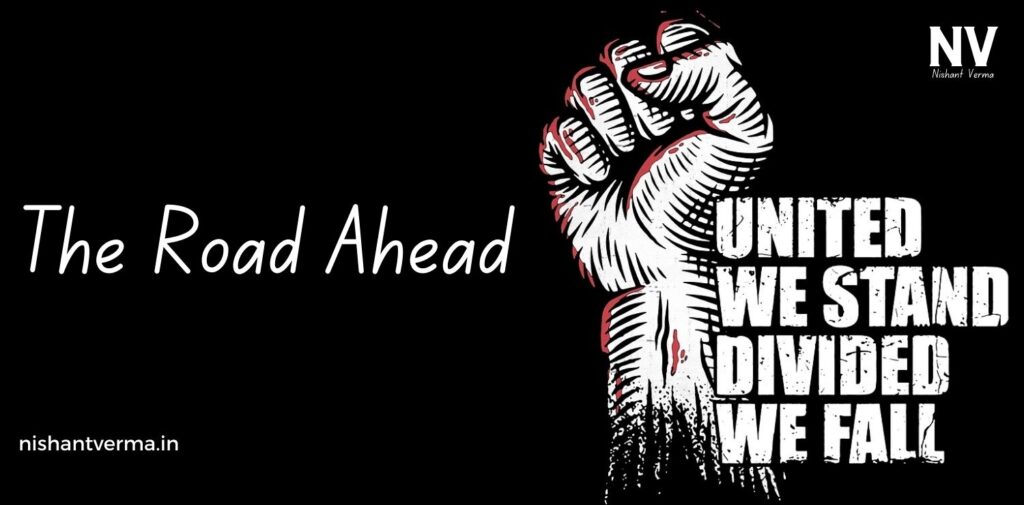
In conclusion, the slogan “Batoge to Katoge” captures the essence of the BJP’s strategy for the 2024 elections. It speaks to the need for unity in a divided world, offering a vision of strength through collective identity. As India moves forward, this message of unity will continue to resonate, reminding voters that together, no one can conquer them.

